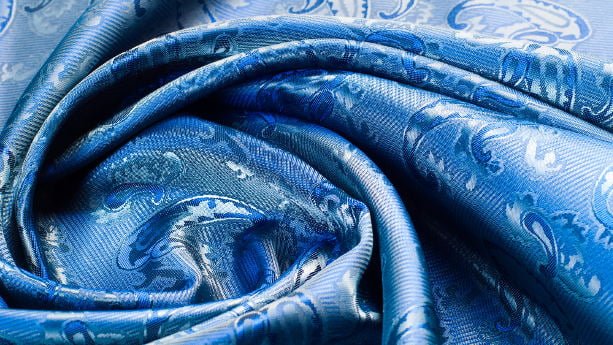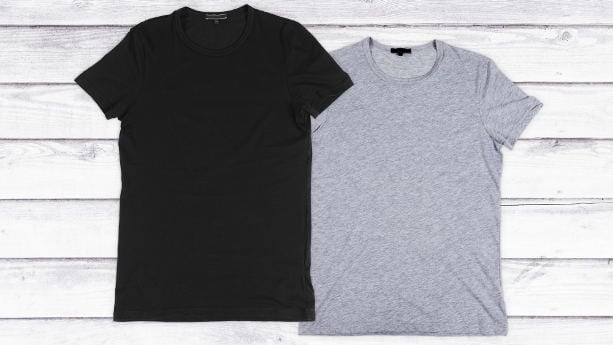
Looking for glove suppliers in Mainland China? In this article, we list factories located in Zhejiang, Hebei, Guangdong, and Fujian – covering everything from safety and sports gloves to knitted and leather gloves.
In addition, we also explain why it’s essential to create a comprehensive product specification, regardless of whether you intend to buy custom-designed (OEM) or private label (ODM) gloves.
What should I include in my product specification?
When I speak to our customers on the phone, I often say that a product is only as good as its specification. In a way, you only get what you specify in terms of design, quality, and materials – nothing more or less.
As such, it’s crucial to understand what defines the design and quality of your gloves.
This is what I suggest you to include in your product specification:
- Design drawings
- Sewing patterns
- Size chart
- Bill of materials (e.g. fabrics and buttons)
- Logo files
- Care label










